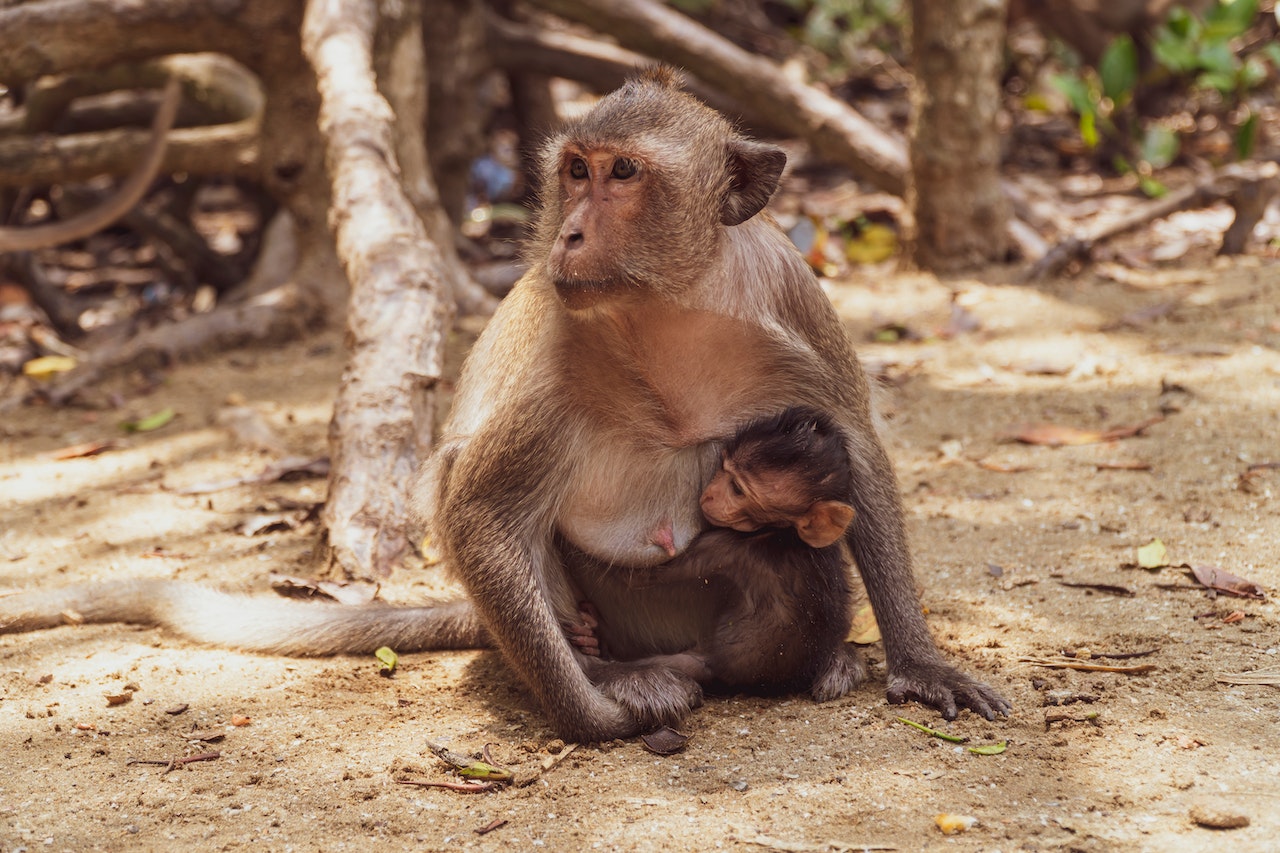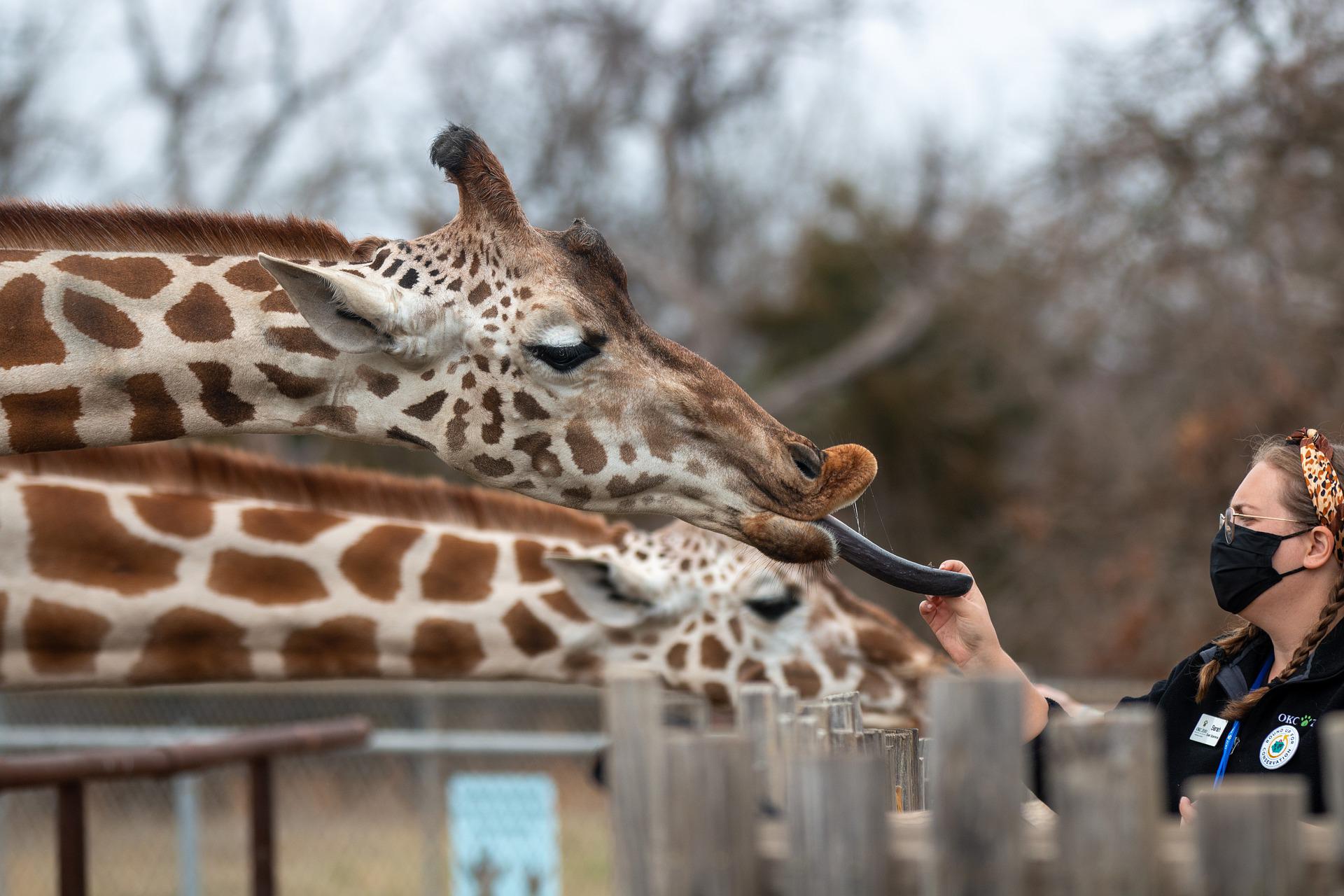free online zoology courses
Due to climate change, deforestation, poaching, and other factors, many animal species have gone extinct over time and more are now labeled endangered species.
Do you love animals and have been looking for zoology online courses? You can take free zoology courses online on e-learning platforms, websites, and universities like the National Geographic Society, University of Alberta, Alison, University of Edinburgh, University of Southampton, and more
If you looking for free online zoology courses then keep reading because in this article we’ll reveal the top 15 free online zoology courses to you. These classes can serve as a foundation for later enrollment in an online zoology degree program.
Free Online Zoology Courses
A few zoology and biology programs are offered totally online for people who are interested in the discipline. For your benefit, we have put together a list of the top free online zoology courses available. Registration is simple and may be done by clicking the link on the title.
- Dino 101: Dinosaur Paleobiology
- Bugs 101: Insect-Human Interactions
- Animal Behavior and Welfare
- Introduction to Animal Science
- Introduction to Zoology
- Wildlife Conservation and Ecosystems
- Advanced Diploma in Wildlife Conservation
- Paleontology: Ancient Marine Reptiles
- Exploring Conservation
- Exploring the Ocean
See Also: 11 Best Free Online Forestry Courses in 2022
Dino 101: Dinosaur Paleobiology
Provider: University of Alberta
Subject: Zoology
Duration: 12 weeks
Start Date: Open
Dinosaur Paleobiology is a 12-lesson course teaching a comprehensive overview of non-avian dinosaurs. A thorough introduction to non-avian dinosaurs is covered in this course. Lessons are presented at dig sites, fossil preparation labs, and museums.
During the course you will learn:
- Anatomy
- Eating
- Locomotion
- Growth
- Environmental and behavioral adaptations
- Origins and extinction.
Bugs 101: Insect-Human Interactions
Provider: University of Alberta
Subject: Zoology
Duration: 12 weeks
Start Date: Open
The 12-lesson course Insect-Human Interactions introduces online learners to the biology, diversity, and ecology of insects as well as their role in human civilization.
The syllabus of this course includes:
- Nutrient cycling,
- Pollination,
- Plant life and crop damage,
- Disease transmission,
- Forensics.
Animal Behaviour and Welfare
Provider: The University of Edinburgh
Subject: Zoology
Duration: 10 -12 hours
Start Date: Open
During this brief online course, you will learn about the background and key ideas of animal well-being, and how it may be measured, and finish with a practical animal welfare module for companion animals.
During the course, you will be introduced to:
- The importance of Animal Welfare and how it can be measured,
- The Truth about Dogs and cats,
- Lions, Tigers, and Bears,
- Welfare Conundrums and a practical session on the farm.
Introduction to Animal Science
Provider: Alison
Subject: Zoology
Duration: 4 hours
Start Date: Open
In this course, you will go deeper into the fundamentals of animals such as cell biology, genetics, evolution, and so forth. You’ll study animal nutrition as well as some of the typical ailments that affect animals and how to treat them.
During the course, you will be introduced to:
- Animal anatomy
- Animal biology
- Animal microbiology, genetics, and evolution
- Animal nutrition and diseases
- Animal anatomy and physiology
Introduction to Zoology
Provider: Alison
Subject: Zoology
Duration: 4 hours
Start Date: Open
Have you had trouble putting a specific animal in its place? This course introduces you to the field of zoology and explains how the various animal kingdom subgroups are categorized. Investigate the diversity of life, animal behavior, and traits. By enrolling in this course, you can get knowledge on animal behavior, healthcare, disease, and disease prevention.
During the course, you will be introduced to:
- Animal classifications and Genetics
- Diversity of living things and their behavior
- Genetics and Vertebrates
- Invertebrates and Animal Healthcare
Wildlife Conservation and Ecosystems
Provider: Alison
Subject: Zoology
Duration: 4 hours
Start Date: Open
The benefits of biodiversity in conservation biology are examined in this course, along with the history and philosophies of conservation. You will discover more about the interactions between species, genes, and ecosystems. You will also explore species variety, ecological management, and the conservation of wildlife. We also look at the intrinsic value and status of diverse species.
During the course, you will be introduced to:
- Introduction to conservation
- Fundamentals of conservation
- Ecosystems and Wildlife Conservation

Advanced Diploma in Wildlife Conservation
Provider: Alison
Subject: Zoology
Duration: 30 hours
Start Date: Open
You will gain a thorough understanding of wildlife conservation in this course, along with the necessity of preservation and the different risks that wild creatures and their ecosystems face. It will show you how to manage their habitats and populations as well as how to safely capture and treat wild animals as needed. To better comprehend this topic and its applications, you will be taught utilizing a case-study methodology with actual examples from everyday life.
You will be looking at:
- Monitoring wild animals
- Monitoring and managing habitats
- Managing wildlife diseases
- Capturing and Restraining Wild animals
- Conservation genetics
- Ex-situ conservation
- Managing of changes
Paleontology: Ancient Marine Reptiles
Provider: University of Alberta
Subject: Zoology
Duration: 4 weeks
Start Date: Open
This four-lesson course provides a thorough overview of the evolutionary processes that take place when air-breathing terrestrial animals transition back to life in the water. This course explores the evolutionary links, variety, convergence, and adaptations of extinct marine reptiles.
In this course you will explore:
- Ichthyosaurs,
- Plesiosaurs, and
- Mosasaurs.
Exploring Conservation
Provider: National Geographic Society
Subject: Zoology
Duration: 16 hours
Start Date: Open
Exploring Conservation, a free six-course wildlife conservation series from the National Geographic Society aims to inform everyone about the value of conservation and how they can become involved. United for Wildlife and the Zoological Society of London created these programs.
- Introduction to Conservation: Examine the main conservation issues, become aware of the issues and difficulties facing our globe, and learn what you can do to help. Approximately 14 to 16 hours are needed (self-paced)
- Prioritizing Species and Spaces: Discover the biodiversity that makes up our globe and why protecting these species and habitats is essential to maintaining it as we know it. Time needed: around 3 to 4 hours (self-paced)
- Understanding Illegal Wildlife Trade: Investigate the effects of illegal wildlife trade, its causes, and the effects it has on animals. Time needed: around 3 to 4 hours (self-paced)
- Ocean Challenges and Solutions: Investigate the effects of human activity on the environment of our oceans. Time needed: around 3 to 4 hours (self-paced)
- Conservation Project Planning: Examine the planning and execution of successful conservation projects. Time needed: around 3 to 4 hours (self-paced)
- Scientific Expeditions for Conservation: Learn how to organize an excursion and how you can help promote conservation. Time needed: around 3 to 4 hours (self-paced)
Exploring the Ocean
Provider: University of Southampton
Subject: Zoology
Duration: 12 hours
Start Date: Open
You will learn about the wonders of the ocean in this four-week course from the University of Southampton. Learn about the connections between the ocean depths and our daily lives as well as the chances and challenges that this hidden world has for the future.
In this course you will study:
- The Hidden Landscape
- Mobilis in mobili
- A living soup
- The future of the ocean
After looking at the list of the top 15 free online zoology courses let’s define what ecology is all about, answer the question of whether you can learn it online, discuss what it can be like working as a zoologist, the job prospects and the average salary of zoologist.
What is zoology
Zoology is the branch of biology that studies the animal kingdom, including the structure, embryology, evolution, classification, habits, and distribution of all animals, both living and extinct, and how they interact with their ecosystems.
It has various sub-disciplines: animal anatomy, animal physiology, animal histology, animal embryology, taxonomy (which includes identification and classification of animals, and therefore encompasses fields such as mammalogy, herpetology, ornithology, entomology, ichthyology, invertebrate zoology, etc.), zoogeography, comparative anatomy, and ethology
Animals of all types are the focus of zoology research. No matter how big or little, zoology examines their biology, the how and why of their habitats, as well as how they may coexist with humans. You may learn about the natural world and how we can support conservation through the study of zoology.
One of the reasons why we study zoology is that it provides a chance to think about how to address global issues like food security and climate change while looking for solutions that will benefit both humans and animals.
Can I Study Zoology Online?
In today’s world, anything can be studied online. The field of Zoology is broad and requires a lot of practical activities and long hours of coursework that may be challenging to some people. But if you are obsessed with your four-legged friend and want to know how to take care and nurture your furry friends then you can start by taking free online zoology courses or short courses offered by top universities around the world
Read Also: Study Ecology Online
With the right education, you can get the training you need, such as a zoology degree, to achieve your ideal position. An online zoology degree is available through online college programs like those at Oregon State University, Harvard, and other renowned institutions. They also provide online degrees in animal science. Everything from veterinary medicine to animal behavior and health can be studied online
What do Zoologists do?
A zoologist may decide to focus on one particular species or group of species, or their work may be more broad-based. They have the option of studying animals in the wild or in captivity in zoos and aquariums.
You can specialize in a certain area as a zoologist. Herpetologists work with reptiles and amphibians, while mammologists specialize in working with mammals, ornithologists study birds, paleozoologists study fossils, and parasitologists work with parasites.
There are several other job titles available, including field assistant, field biologist, wildlife biologist, and conservation biologist.
In general zoologists do the following:
- Conservation of endangered species and habitats
- Studying the characteristics of animals and their behaviors
- Animal education and welfare
- Controlling pests and diseases
- Helping with initiatives for captive breeding
- Drug development and testing
- Improving livestock and crops in agriculture
- Teaching and research.
To effectively manage animal populations, both in captivity and in the wild, zoologists frequently collaborate with zookeepers, veterinarians, marine biologists, and wildlife biologists. In some zoological parks, zoologists can serve as keepers and curators as well.
What Is The Average Salary of a Zoologist?
Based on variables including the type of work, degree of education attained, and responsibilities necessary for their particular position, zoologists’ salaries may differ. Zoologists tend to make more money in the field if they have advanced degrees or specialized skills.
The median annual wage for zoologists and wildlife biologists was $64,650 in May 2021. The median wage is the wage at which half the workers in an occupation earned more than that amount and half earned less. The lowest 10 percent earned less than $42,420, and the highest 10 percent earned more than $103,900.

Employment of zoologists and wildlife biologists is projected to grow 5 percent from 2020 to 2030, slower than the average for all occupations.
Despite limited employment growth, about 1,700 openings for zoologists and wildlife biologists are projected each year, on average, over the decade.
Source: U.S. Bureau Of Labor and Statistics 2022
The average salary in the UK for a Zoologist is £23,400 gross per year (£1,620 net per month), which is £6,200 (-21%) lower than the UK’s national average salary.
A Zoologist can expect an average starting salary of £13,800. The highest salaries can exceed £40,000.
Conclusion
We have tried to select the top 15 free online zoology courses available dependent on price, course content, proven track record, learner satisfaction, and jobs after completion, but it is necessary you do more research to be able to decide which one suits you best. Good Luck!
